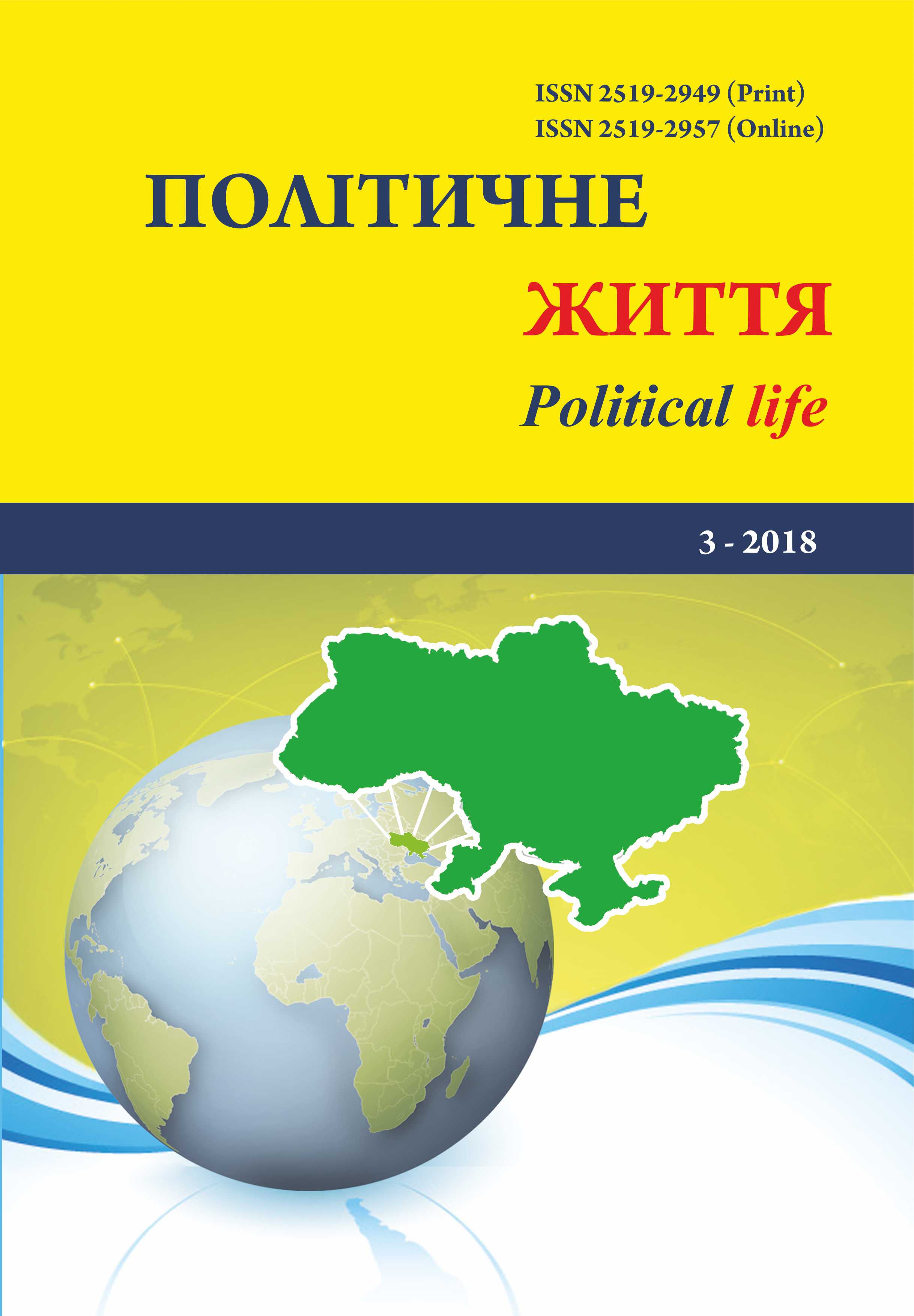Modern tendencies in the work of non-governmental organizations of Poland.
DOI:
https://doi.org/10.31558/2519-2949.2018.3.8Keywords:
transformation, indexes, non-governmental organizations, democratizationAbstract
The article studies the governmental “Civil Society Development Strategy for 2009-2015” and the National Program of “Public Initiatives Foundations for 2009-2013”. It was determined that at their current stage NGOs follow the “National Support Program of the Civil Society Development”, which developed for the period of 2016-2020.
Having studied the current legislation regulating the functioning of NGOs in Poland, the author determined that the adoption of the Law on establishment of the National Freedom Institute – “The Civil Society Development Centre” – changes the interrelations between the government and non-governmental organizations.
The article proves that the activity of NGOs in Poland was restricted/slowed down by the new government, which came to power after the parliamentary elections in autumn 2015. The ruling party – “Law and Justice” – restricted the independence of the decision-making process and launched the program of discrediting the organizations, claiming that part of them are linked to political opposition and abuse of state funding. From the point of view of the authorities this was a positive process, created with the purpose of facilitating equal development of all NGOs taking into consideration the specifics of their funding and geographical location.
In the course of the research it was determined that the governmental policy regarding the NGO activity has led to the decrease of the Civil Society Organizations Sustainability Index (CSO) and the Democracy Index. The timeframe of the study is between 2008 and 2017. 2008 was taken as a starting point of the study due to the launch of governmental programs, 2017 has the latest available data.
Having analyzed the indexes, the article proves that starting from 2015 the level of democracy efficiency has decreased and the influence of civil society has lessened. This situation is the result of the actions of the government and of the absence of a common center coordinating the work of civil society organizations.
References
Strategia wspieania rozwoju społeczeństwa obywatelskiego na lata 20092015. [Електронний ресурс]. URL: https://www.mpips.gov.pl/userfiles/File/ozytek/SWRSO%202009-2015.pdf
Strategii Wspierania Rozwoju Społeczeństwa Obywatelskiego . Rząd przyjmuje ważne uchwały.[Електронний ресурс]. URL: http://www.ekonomiaspoleczna.pl/x/414040
Narodowа Programа Wspierania Rozwoju Społeczeństwa Obywatelskiego (NPWRSO). [Електронний ресурс]. URL: https://www.spoleczenstwoobywatelskie.gov
Ustawa z dnia 15 września 2017 r. o Narodowym Instytucie Wolności – Centrum Rozwoju Społeczeństwa Obywatelskiego [Електронний ресурс].URL: http://dziennikustaw.gov.pl/du/2017/1909
Zamach PiS na organizacje pozarządowe[Електронний ресурс] // Wiadomo.co .URL: https://wiadomo.co/zamachpisnaorganizacjepozarzadowe
Indeks społeczeństwa obywatelskiego w Polsce . Warszawa. 2016. 149 s.
The Economist Intelligence Unit’s Democracy Index 2017. [Electronic resource]. URL https://www.eiu.com/topic/democracy-index
The Economist Intelligence Unit’s Democracy Index 2014. [Electronic resource]. URL https://www.eiu.com/public/topical_report.aspx?campaignid=Democracy0115
The Economist Intelligence Unit’s Democracy Index 2015. [Electronic resource]. URL https://www.eiu.com/public/topical_report.aspx?campaignid=DemocracyIndex2015
The Economist Intelligence Unit’s Democracy Index 2016. [Electronic resource]. URL https://infographics.economist.com/2017/DemocracyIndex/
Nations in Transit [Electronic resource] / Freedom House. URL: https://freedomhouse.org/reporttypes/nations-transit

